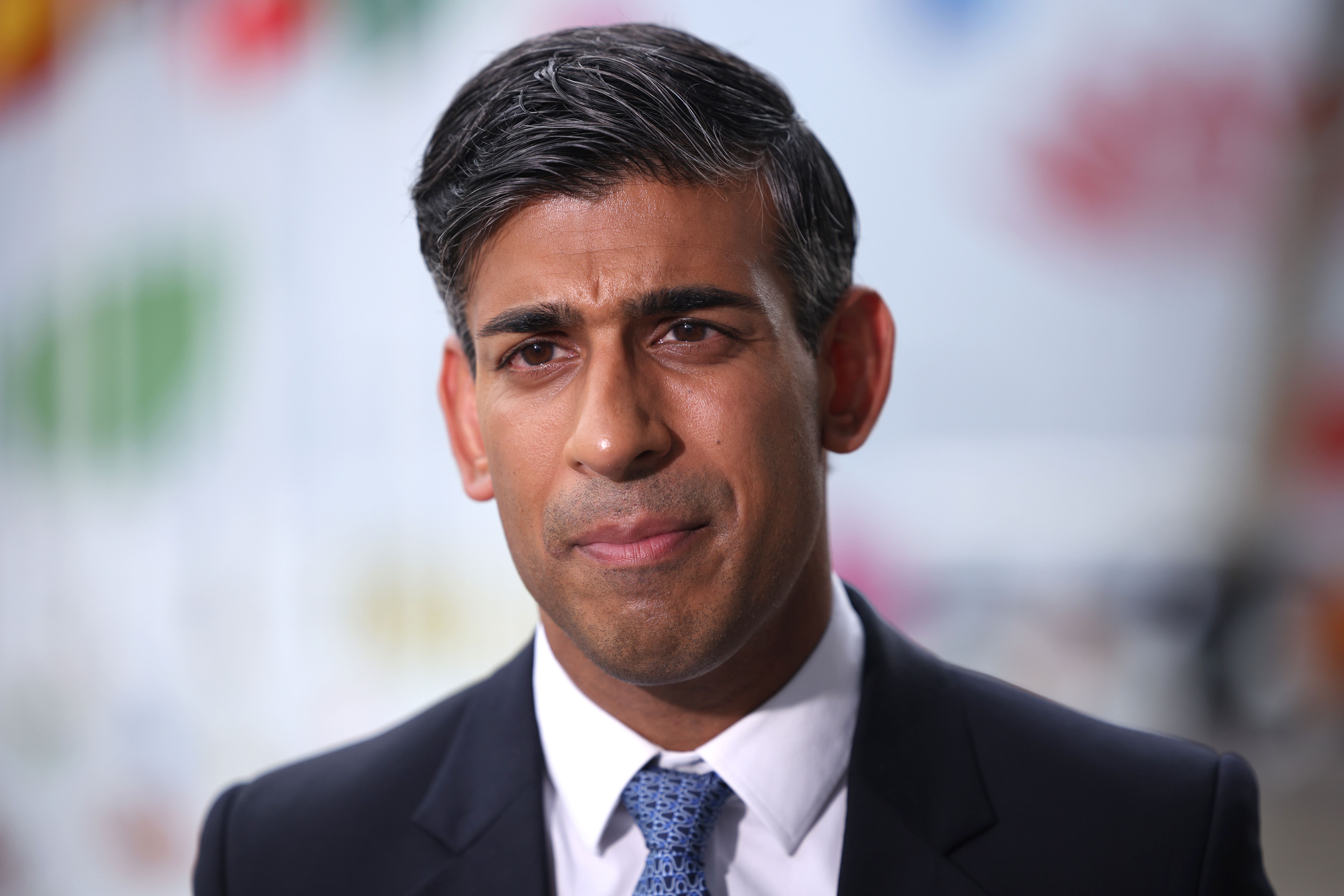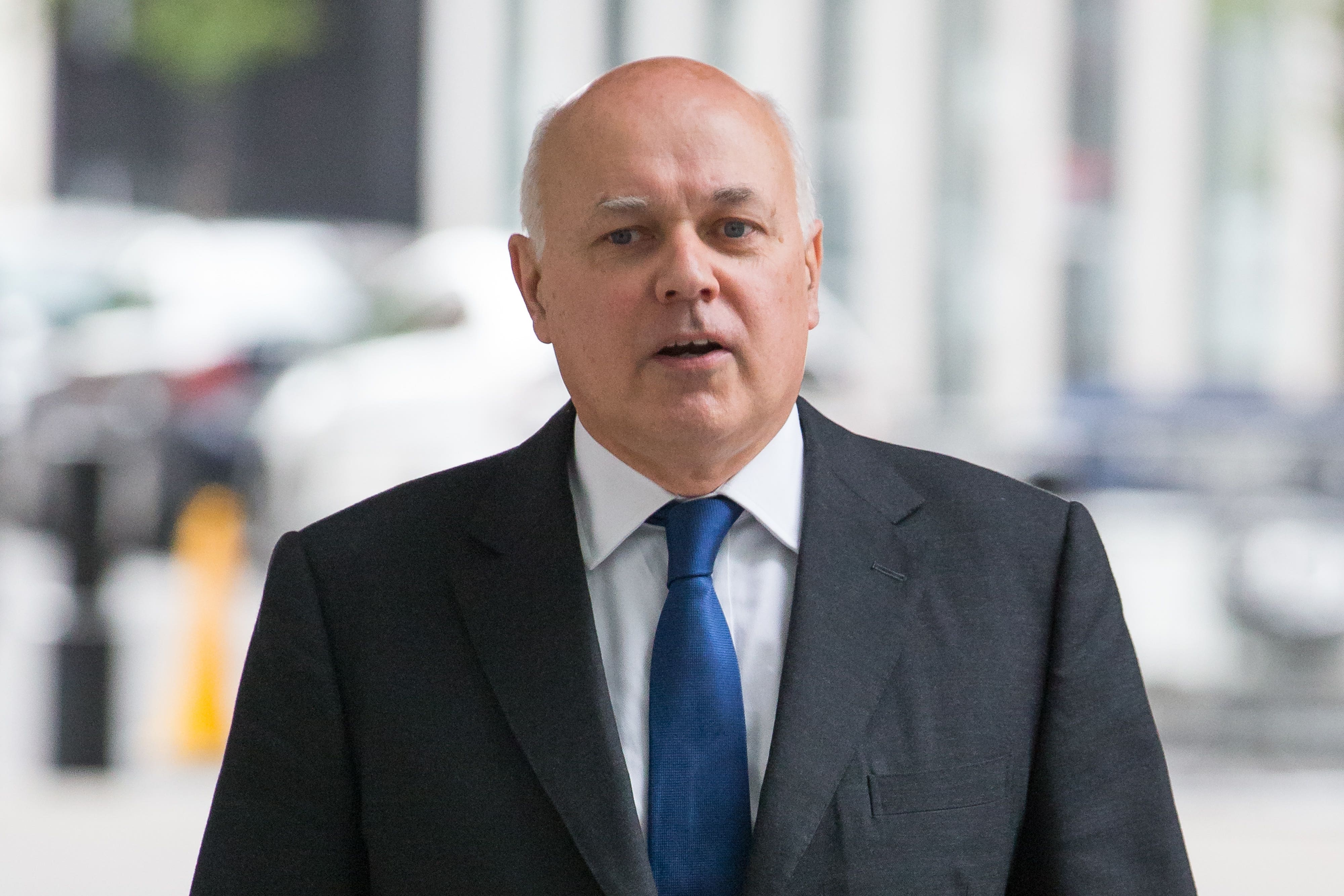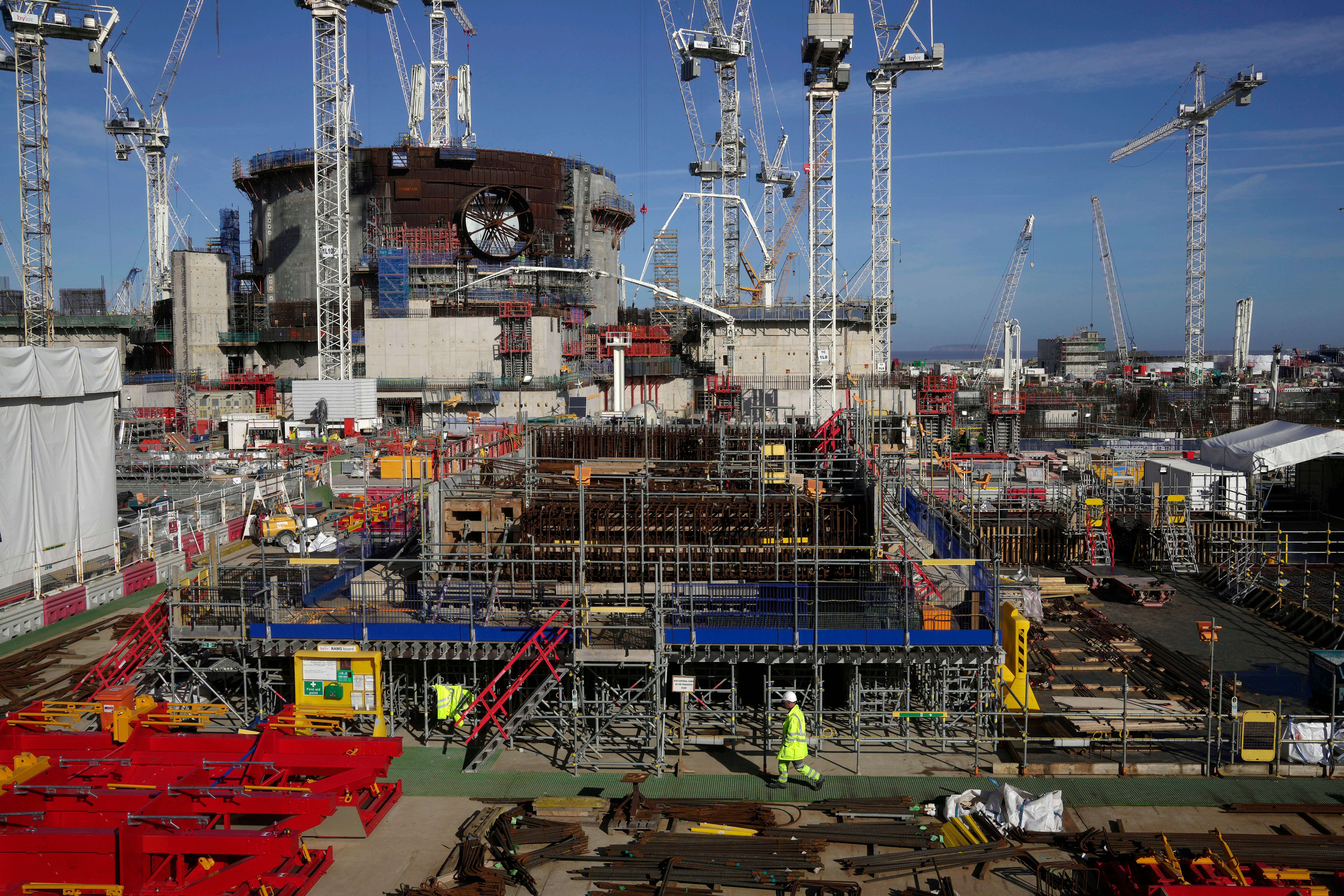China ‘headhunting’ top UK officials as spies, says Sunak – but still rejects calls to label Beijing a threat
Government acknowledges the superpower ‘crosses the line from influence into interference’
Your support helps us to tell the story
From reproductive rights to climate change to Big Tech, The Independent is on the ground when the story is developing. Whether it's investigating the financials of Elon Musk's pro-Trump PAC or producing our latest documentary, 'The A Word', which shines a light on the American women fighting for reproductive rights, we know how important it is to parse out the facts from the messaging.
At such a critical moment in US history, we need reporters on the ground. Your donation allows us to keep sending journalists to speak to both sides of the story.
The Independent is trusted by Americans across the entire political spectrum. And unlike many other quality news outlets, we choose not to lock Americans out of our reporting and analysis with paywalls. We believe quality journalism should be available to everyone, paid for by those who can afford it.
Your support makes all the difference.China is trying to “headhunt” top British officials in government, business and the military, Rishi Sunak’s government has warned.
Beijing has attempted to recruit nationals in key positions with “sensitive knowledge and experience”, the government acknowledged in response to a damning report by MPs.
The Sunak government conceded that “some Chinese action crosses the line from influence to interference”, admitting that more steps are necessary to protect UK interests.
The PM insisted that protecting the UK from interference from Beijing was an “absolute priority”, after the arrest of a parliamentary researcher on suspicion of spying for the superpower.
Mr Sunak vowed to “call out unacceptable behaviour” – but he again rejected Tory calls from Liz Truss, Sir Iain Duncan Smith and other senior Tories to officially designate China a threat.
The government issued its full response to the Intelligence and Security Committee (ISC) report – which condemned the government’s “completely inadequate” response to China and accused ministers of having “no strategy”.
The response said that some Chinese action “crosses the line from influence to interference”, and admitted that more investment was needed to respond to the “long-term” challenge the country poses.
Mr Sunak said he was “acutely aware” of the “threat to our open and democratic way of life”, and said his government would “take all necessary steps” to protect the UK from interference from Beijing.
He pointed to the National Security Act and the Higher Education (Freedom of Speech) Act as examples of measures to allow law enforcement and intelligence to “deter, detect, and disrupt the full range of modern-day threats, including from China”.
The PM added: “I am clear-eyed about that challenge and will call out unacceptable behaviour directly just as I did last weekend with Premier Li at the G20 summit in New Delhi.”

The ISC had warned that Beijing was “prolifically and aggressively” targeting the UK and its interests and had been “buying up” control and influence in Britain – condemning successive governments for accepting Chinese money with “few questions asked”.
The damning report raises concerns about China’s “coercive” influence in the UK’s universities and Beijing’s intention to become a “permanent and significant player” in the civil nuclear energy industry.
But the Sunak government said that a ban on Chinese-backed Confucius Institutes would be “disproportionate”. It said moves were underway to remove “any direct or indirect government funding” from these institutions.
On concerns for the energy sector and infrastructure, the government said it had blocked four investment deals linked to China while another four were allowed to proceed under strict conditions. It said future deals would be subject to a “one step at a time” approach.

Several top Conservative MPs, some sanctioned by Beijing, have called on Mr Sunak to label China a threat to the UK in the wake of the shock arrest of the Commons researcher.
Sir Iain, the former Tory leader, said: “Are they a threat or are they not? If they are a threat, why don’t we call them a threat and take the relative action that is necessary to deal with them on that basis and sanction some people?
But Dominic Raab and others have warned against any rash moves with China that could jeopardise trade.
The Sunak government insisted that it remained committed to “engagement with China bilaterally” in a bid to preserve “open, constructive, predictable and stable relations”.
On the espionage threat, the response to the ISC stated: “The government recognises that Chinese recruitment schemes have tried to headhunt British and allied nationals in key positions and with sensitive knowledge and experience, including from government, military, industry and wider society.”
It also said the recognises the need for “further investment in capabilities will be needed to ensure the government is equipped with the tools, expertise and knowledge to respond to the systemic challenge that China poses”.
“As the committee notes, there is more work to be done,” the Sunak government added. “We will continue building expertise across the system to better address the long-term challenge that China poses.”

It comes as the parliamentary researcher who was arrested on suspicion of spying for China met Cabinet Office minister Alex Burghart to discuss a crucial piece of legislation, according to Politico.
The man in his 20s – who has insisted that he is innocent – met the minister to discuss proposed amendments to the Procurement Bill, aimed at toughening up Britain’s policy toward China.
But a Whitehall official said no sensitive information was discussed and the meeting lasted less than an hour.
It also emerged this week that the Conservative Party dropped two potential candidates to become MPs after MI5 warned they could be Chinese spies.
Mr Raab has warned the Sunak government against any rash moves with China, days after it was revealed a possible spy for Beijing was discovered in Westminster.
The former deputy PM warned that China’s economic size could see the UK hamstrung if the Asian superpower were to “respond disproportionately” to any action or policy by the UK.
Warning against “foghorn diplomacy”, Mr Raab wrote in The Telegraph that cutting ties is not even “faintly realistic” as more than £100bn in trade occurred between China and Britain in 2022 alone.
Lord Simon McDonald, former permanent secretary at the Foreign Office, has also suggested parliament may have overreacted to a possible Chinese spy posing as a researcher.
He told BBC Radio 4’s Today programme: “It is a legitimate objective of any embassy in London to find out what is happening in Westminster. Of course, we see that China is active but so are friendly countries, and I do not think we can have one rule for US and France and Germany and another for China.”






Join our commenting forum
Join thought-provoking conversations, follow other Independent readers and see their replies
Comments